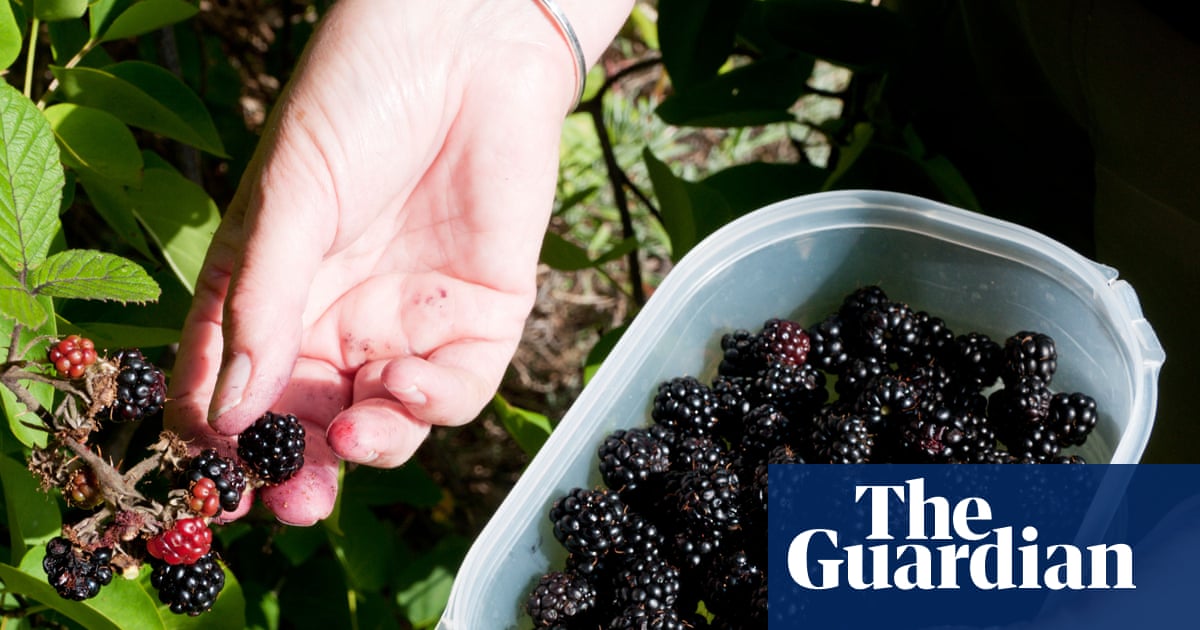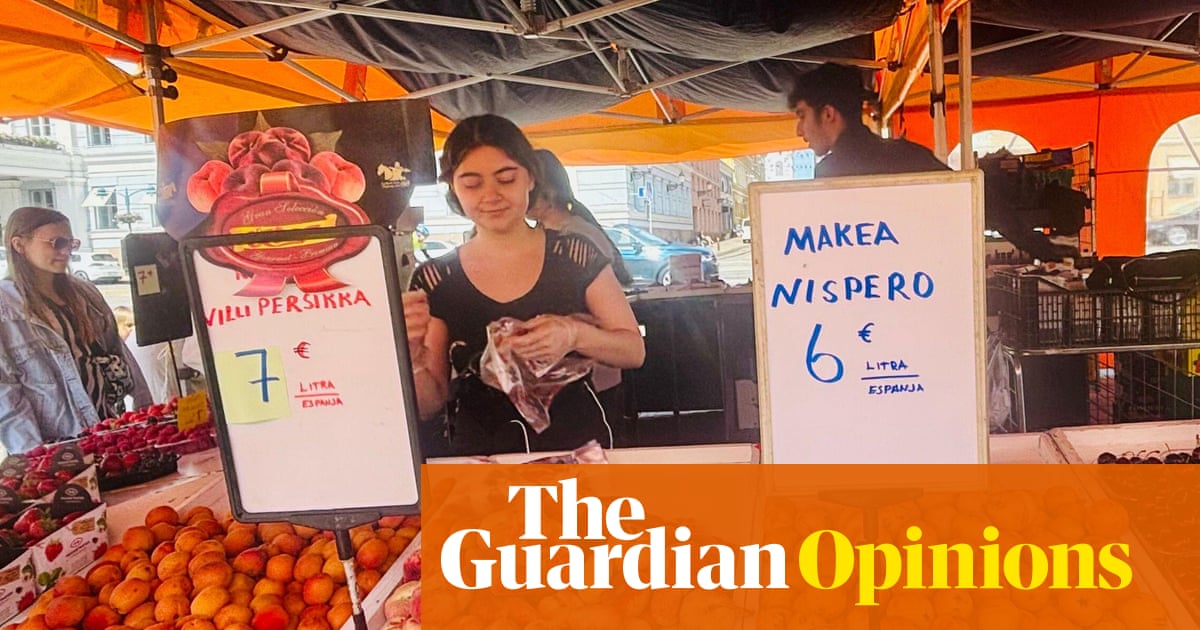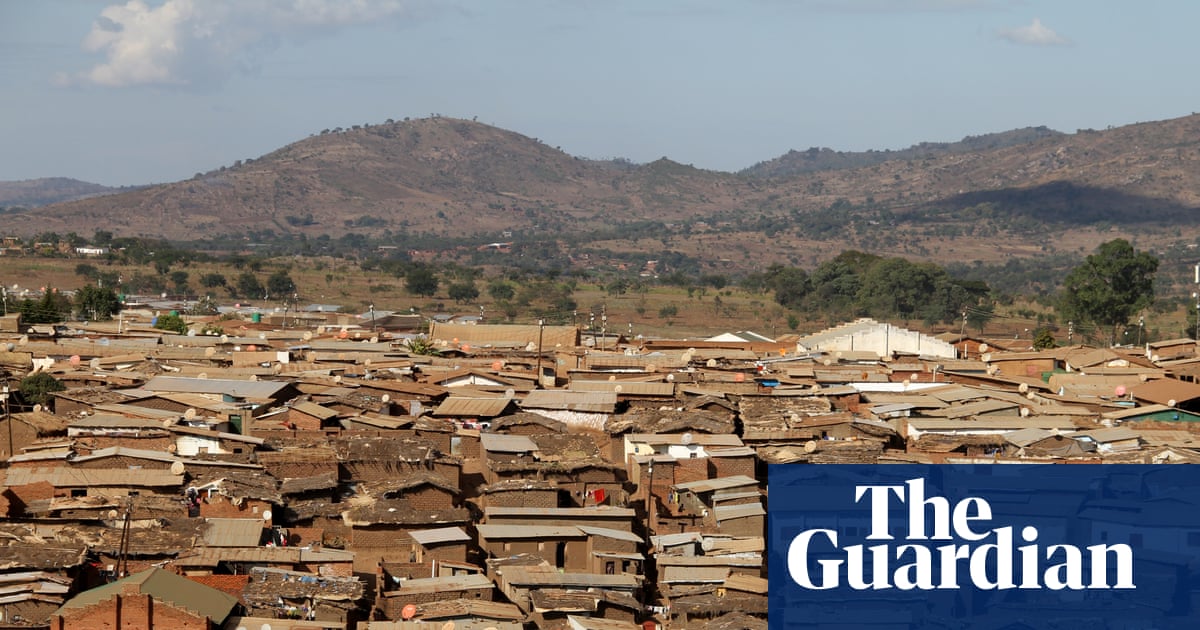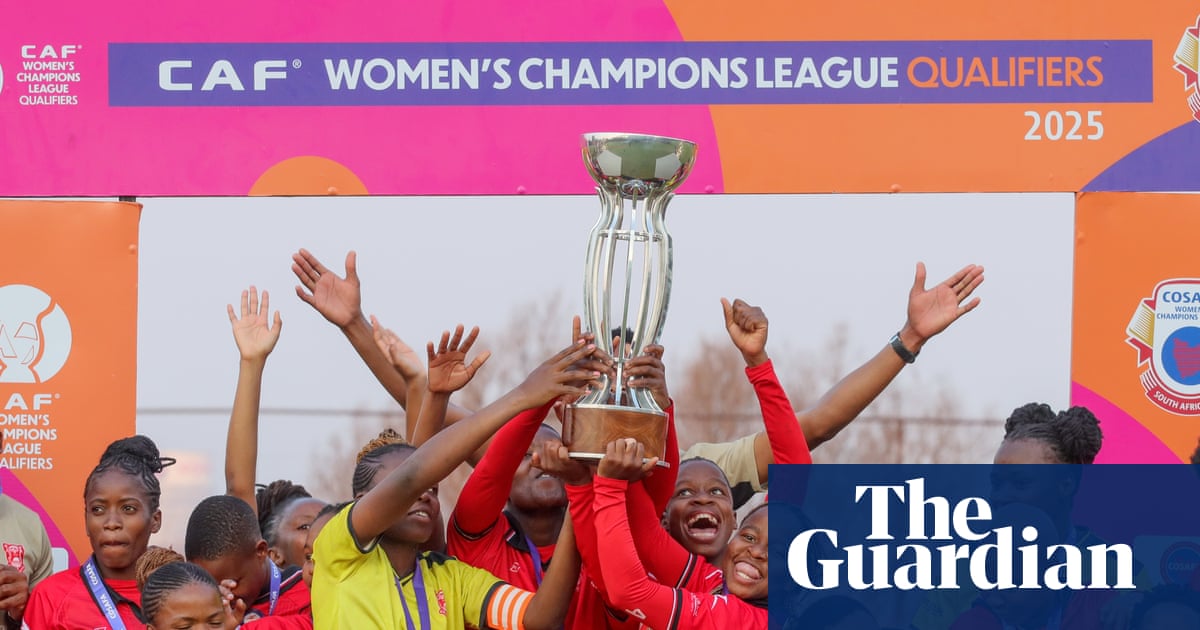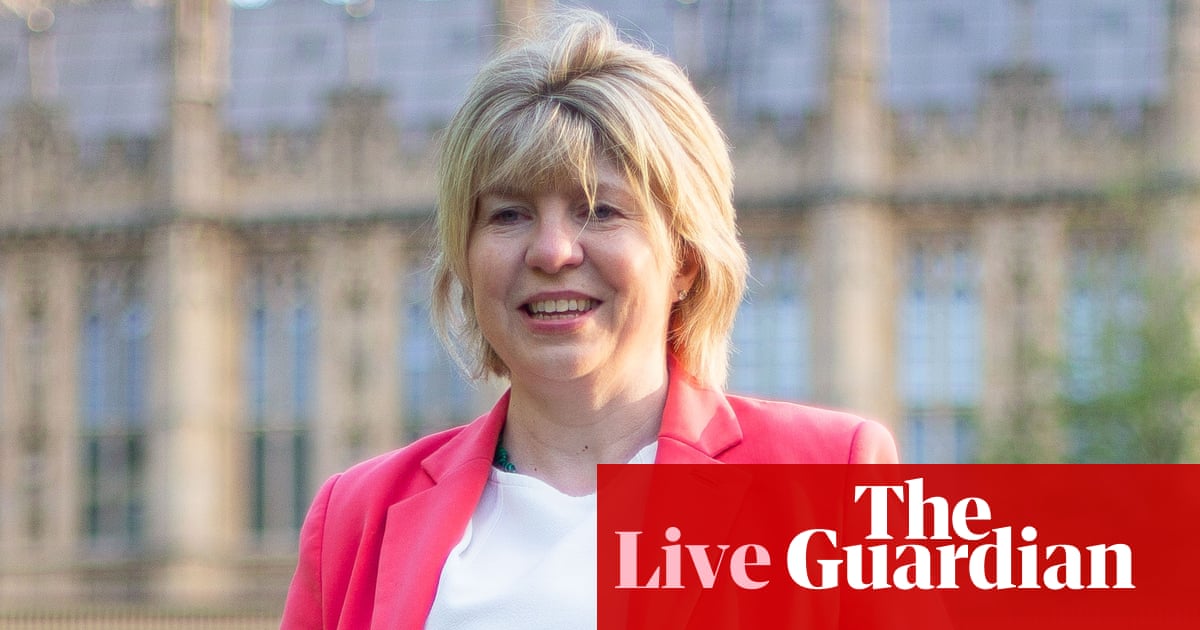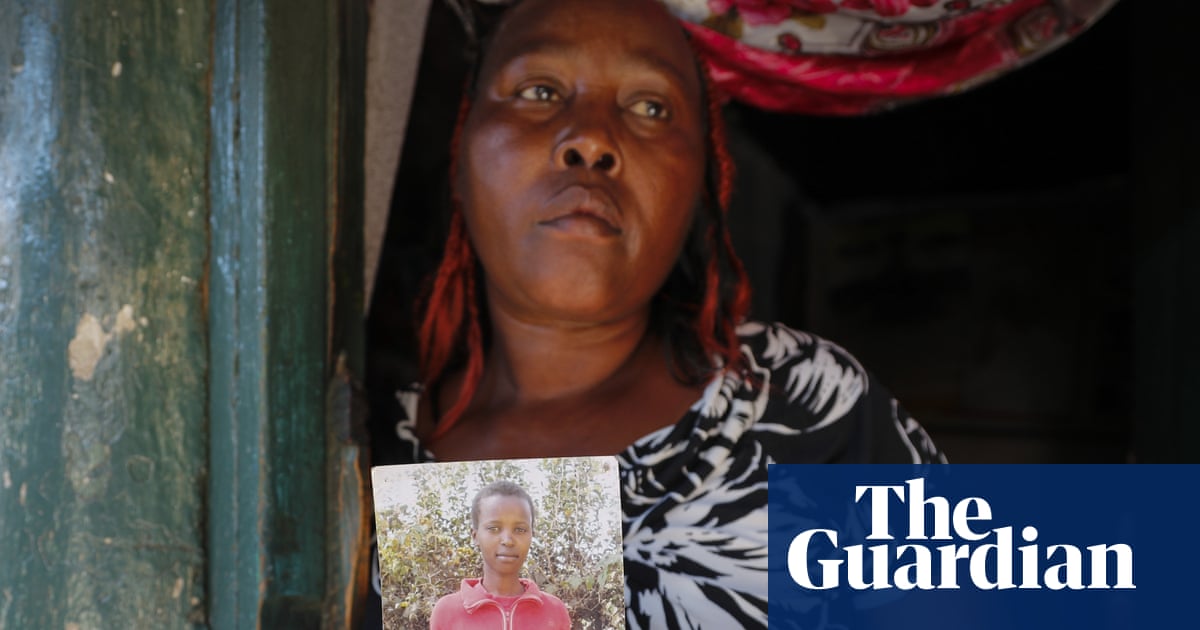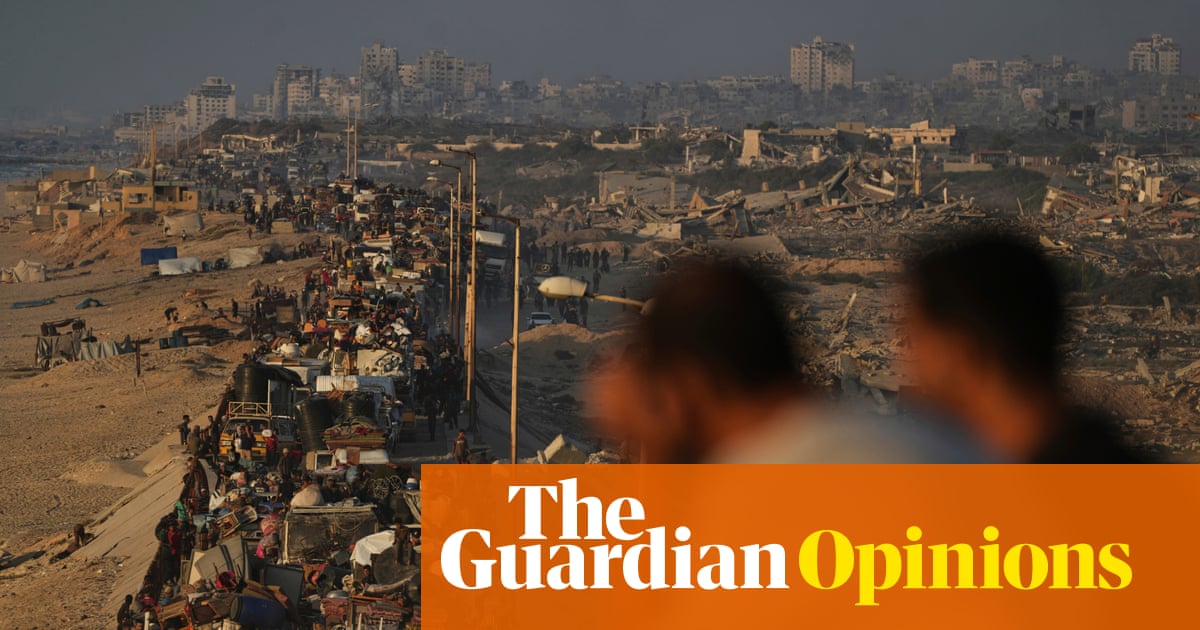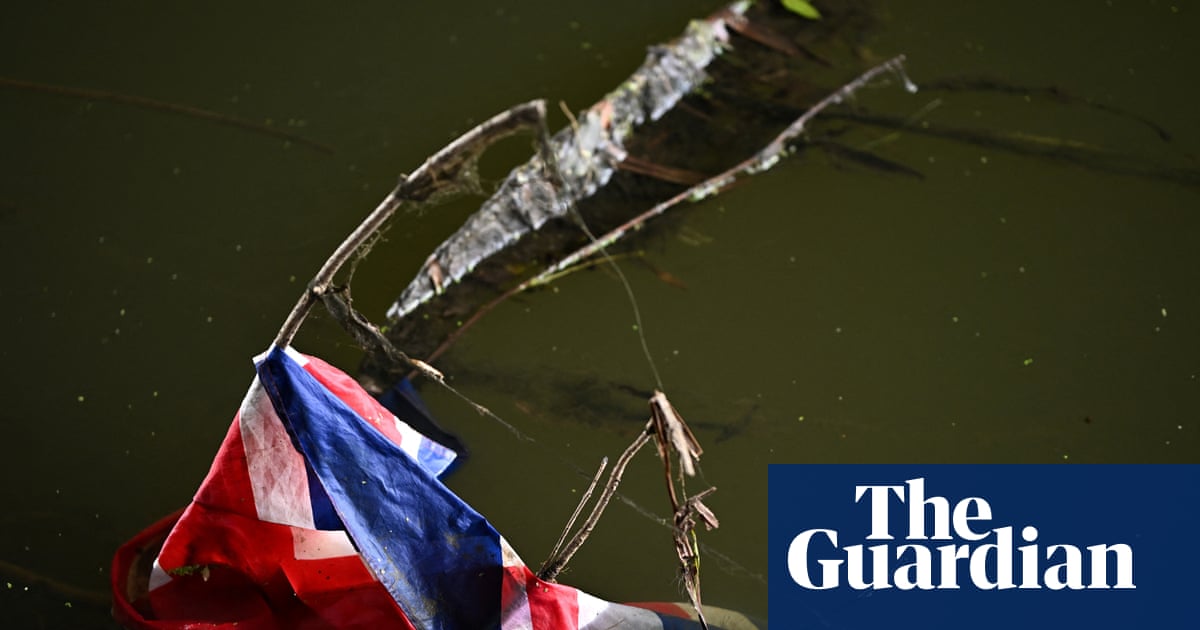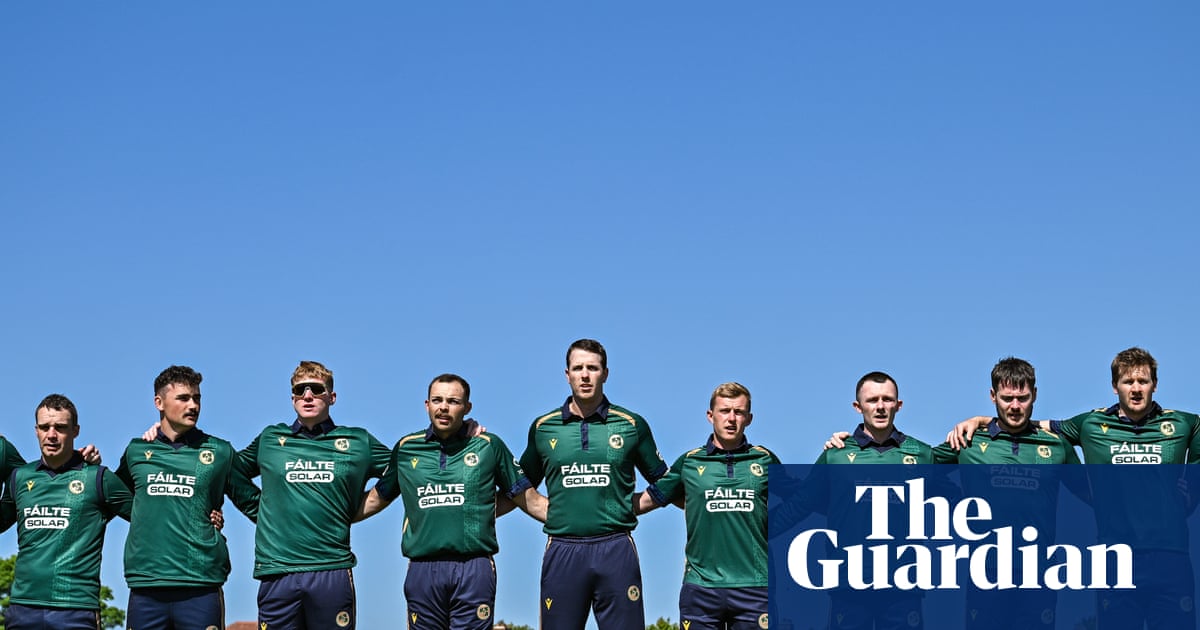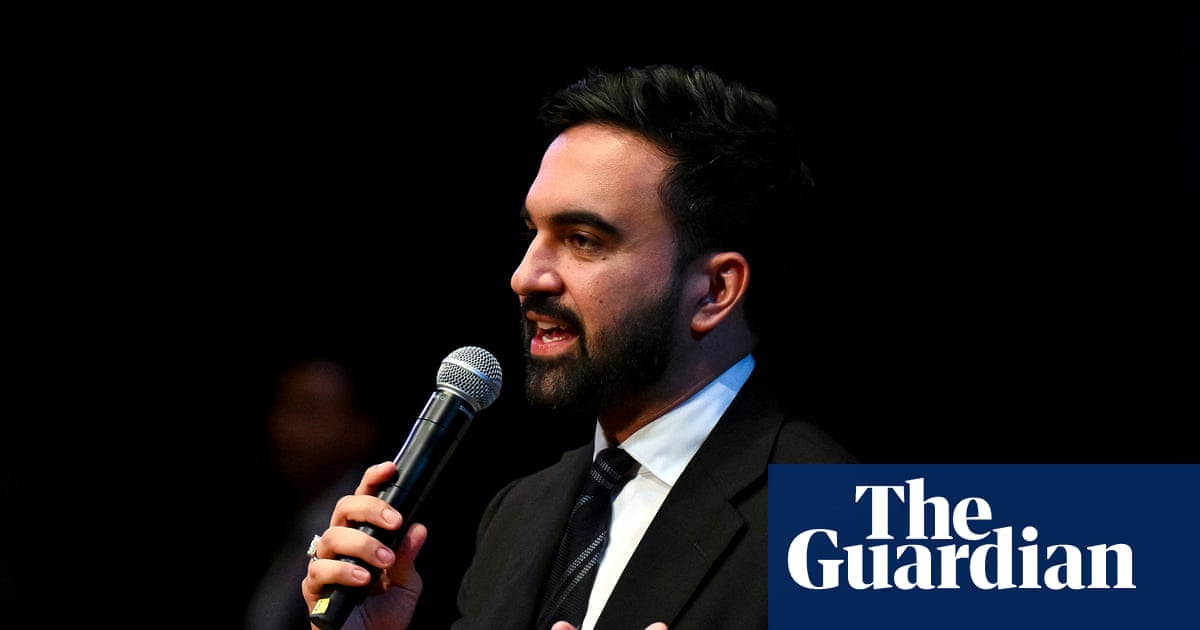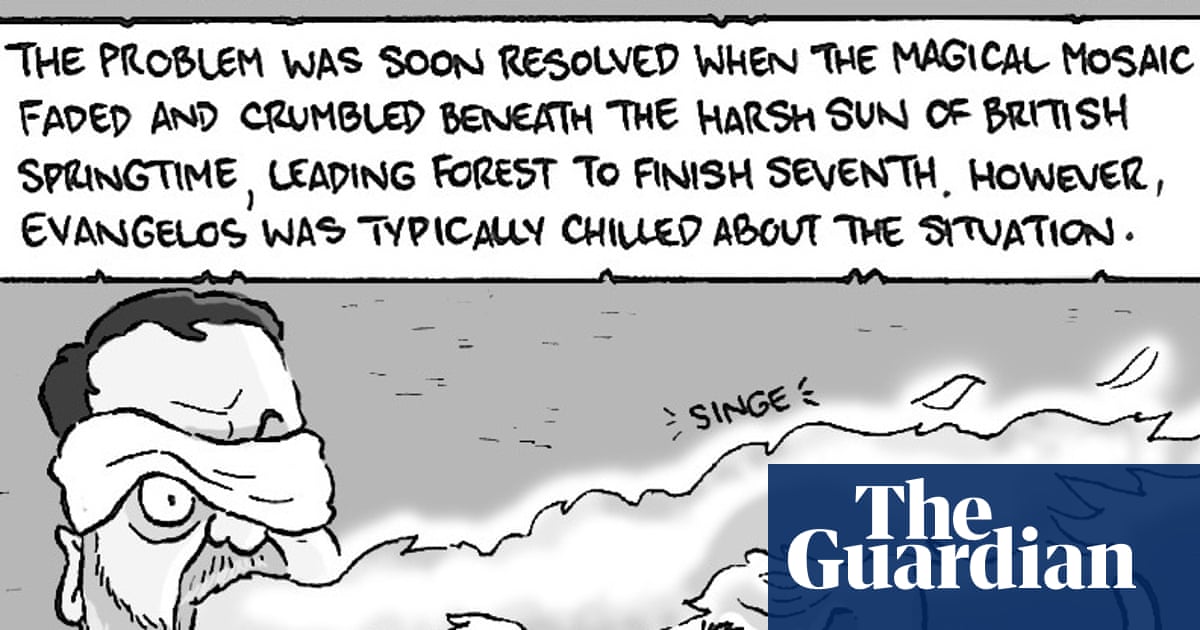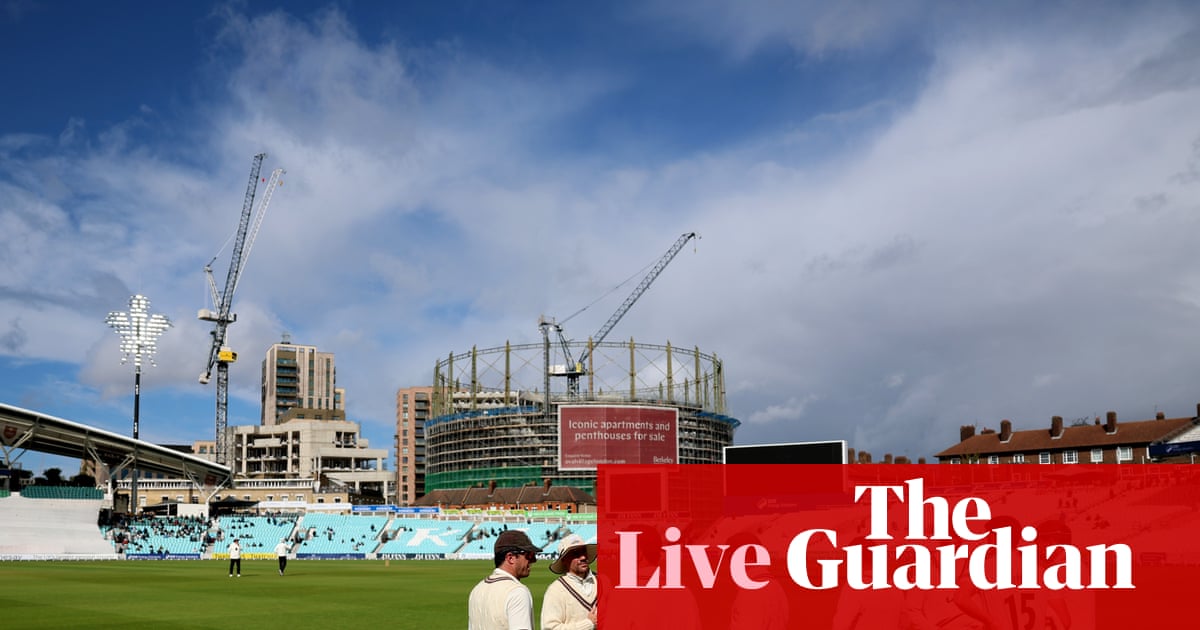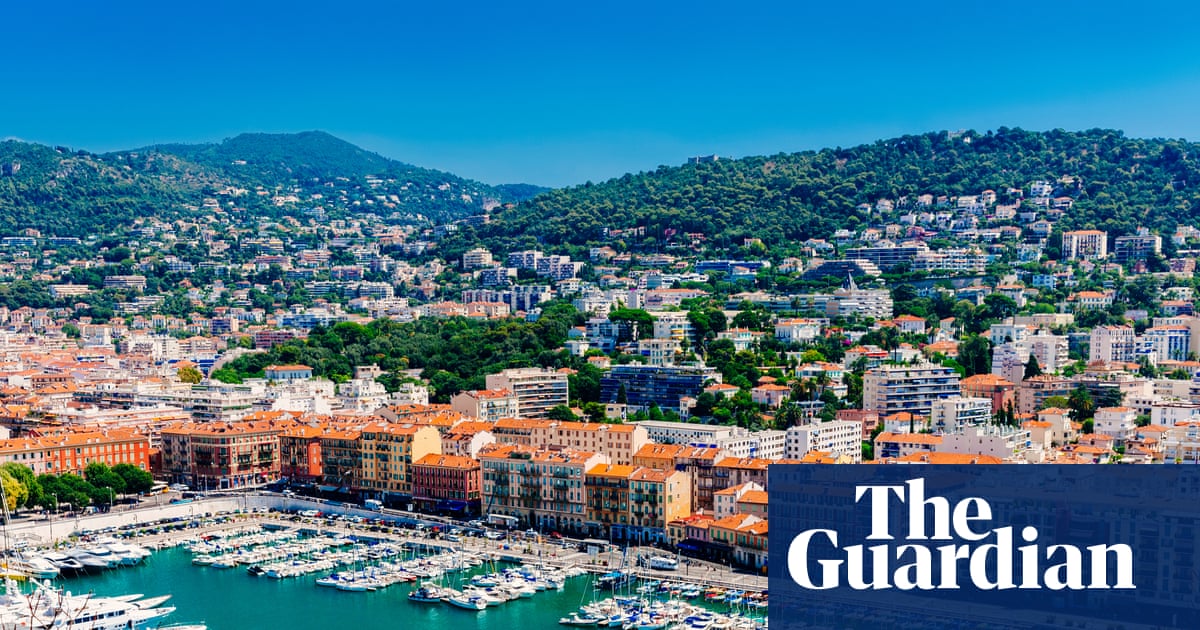In the early hours of Friday, as she did every day, Dr Alaa al-Najjar said goodbye to her 10 children before leaving the house. The youngest, Sayden, six months old, was still sleeping. And like every day, with war raging in Gaza and Israeli strikes landing just metres from her neighbourhood in Khan Younis, Najjar worried about leaving them at home without her.
But Najjar, 35, had little choice. One of Gaza’s dwindling number of medics, a respected paediatrician at the Nasser medical complex, she had to go to work to care for injured babies who had barely survived Israeli attacks. She could never have imagined that that farewell to her family would be her last.
A few hours later, the charred bodies of seven of her children, killed by an Israeli airstrike on Khan Younis, arrived at her hospital. Two other bodies, including Sayden’s, remained under the rubble. Of her 10 children, only one had survived, along with their father, Hamdi al-Najjar, 40, also a doctor. Both are now in hospital.
“It’s one of the most heartbreaking tragedies since the beginning of the conflict,” Mohammed Saqer, the head of nursing at Nasser hospital, told the Guardian. “And it happened to a paediatrician who dedicated her life to saving children, only to have her own motherhood stolen in a moment of fire and deafening silence.”
Footage shared by the director of Gaza’s health ministry and verified by the Guardian shows the burned, dismembered bodies of children being pulled from the rubble of Najjar’s building near a petrol station as flames still engulfed what remained of the family’s home.
Ali al-Najjar, 50, the older brother of Hamdi, Alaa’s husband, said: “When I heard the house was bombed, I instinctively rushed to my car and headed to the place as I knew my brother and his children were inside. When I arrived, I was shocked. I found my nephew Adam, who survived, lying on the road under the rubble. He was covered in soot, his clothes were almost torn, but his soul was still inside him. My brother was lying on the other side, bleeding heavily from his head and chest, and his arm was cut off. He was still breathing with difficulty.”
Ali called the medical team and took the two survivors to the hospital. Then he began searching for his nine missing nieces and nephews.
“The house was very difficult to clear because the ceiling was stacked on top of itself. I started searching around the house hoping to find any of the children because I assumed the bombing might have thrown them outside the house,” he said. “But then, sadly, the first burned body appeared. After completely putting out the fire, we found the rest of them – some were mutilated and all were burned.”
Alaa rushed to the site of the explosion as rescuers pulled the body of her daughter Revan from the rubble. In tears, she begged the rescuers to let her hold her one last time.
“Her [Revan’s] body was completely burned from the upper part, nothing remained of her skin or flesh,” Ali said. “There are still two bodies of my brother’s children we could not find: the oldest, 12-year-old boy, Yahya, and the six-month-old girl Sayden.”
Alaa returned to the hospital to check on her son Adam, 11, and her husband. Sources at the Nasser hospital who transferred the children’s bodies one by one to the morgue said their mother was not able to identify them, so bad were the burns.
The children’s names were Yahya, Rakan, Ruslan, Jubran, Eve, Revan, Sayden, Luqman and Sidra.
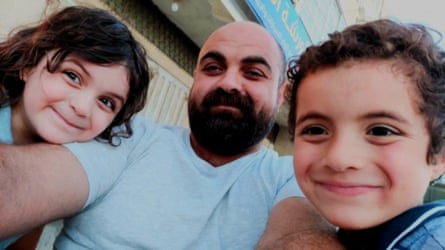
“Alaa went to the morgue, held her children in her arms, recited the Qur’an over them and prayed for them,” said Dr Ahmed al-Farra, 53, the director of the children’s building at the Nasser medical complex. “Other female doctors around her collapsed from grief and rage, but Dr Alaa remained composed. God sent peace upon her heart. After they were buried, she went directly to check on her husband and son and began caring for them.”
Colleagues at the hospital described Alaa as a committed, polite and ethical doctor, capable of enduring immense pressure, treating dozens of children and patients daily, and at the same time caring for a large family.
“She was in constant worry for her children when she was at the hospital. When she heard a house had been bombed in the Qizan al-Najjar neighbourhood, her mother’s heart sensed something was wrong,” Farra said.
He said there were no words for her loss. “If anyone wants to share an opinion, let them first imagine it happening to them – to suddenly lose every person connected to you.”
After saying goodbye for the last time to the lifeless bodies of her seven children, Alaa went to the ward where her surviving child was being treated.
“Her husband was suffering from severe injuries – brain damage and fractures caused by shrapnel, along with shrapnel wounds and fractures in the chest. He was placed on a ventilator and fitted with medical tubes,” Farra said. ‘‘Her son’s condition was relatively better – his injuries ranged from moderate to severe.”
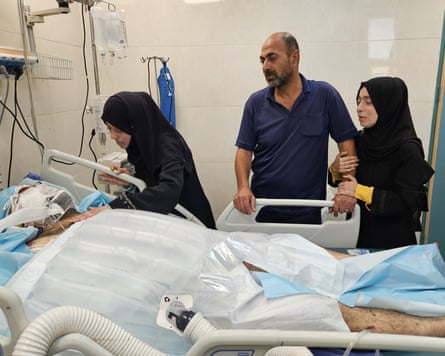
Alaa’s colleagues and friends said her children held Egyptian citizenship and that Alaa and Hamdi had been planning to leave for Egypt and enrol their children in Cairo’s Al-Azhar University.
The Israel Defense Forces told the Guardian: “Yesterday, an IDF aircraft struck a number of suspects who were identified operating from a structure adjacent to IDF troops in the area of Khan Younis. The Khan Younis area is a dangerous war zone. Before beginning operations there, the IDF evacuated civilians from this area for their own safety. The claim regarding harm to uninvolved civilians is under review.”
The Gaza health ministry says nearly 54,000 Palestinians, including 16,503 children, have been killed in ongoing Israeli attacks across the territory.
Farra said: “My only hope is that those who were killed are not just names on paper. We were created just like every other human being in this world. And like every other human, we have the right to live.”

 3 months ago
244
3 months ago
244

